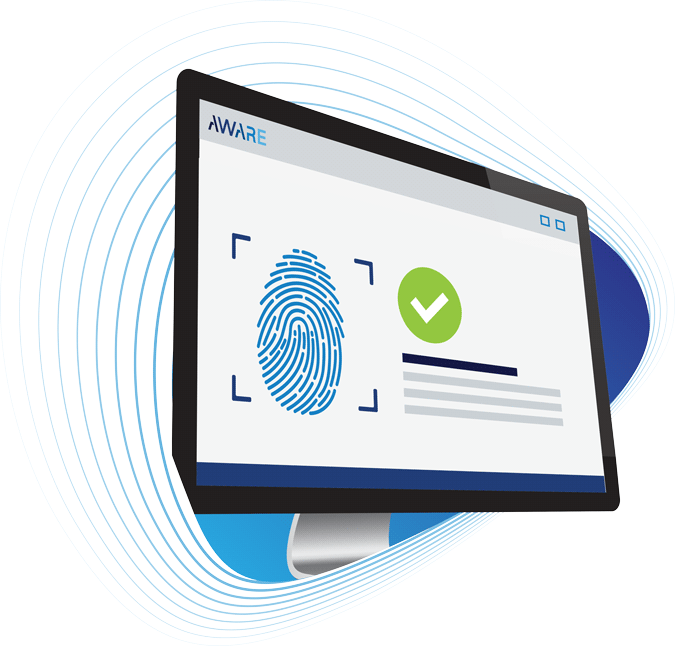Biometrics are among the strongest identification methods available due to their uniqueness. No two individuals, not even identical twins, have the exact same identifiers – be it fingerprints, irises, voice scans or faceprints. This makes biometrics extremely important to law enforcement agencies, who can use them reliably as part of background checks, criminal investigations, and mass disaster identification.
Fingerprint recognition has been a crucial modality to law enforcement agencies for centuries and remains a valuable tool in crime solving today. Fingerprints help investigators link one crime scene to another involving the same person. Fingerprint identification also helps investigators track a criminal’s record, their previous arrests, and convictions, to aid in sentencing, probation, parole, and pardoning decisions.
Challenges with traditional fingerprinting
In crime scene investigations, law enforcement professionals are often tasked with collecting fingerprints that might be left behind by the perpetrator. Fingerprints can be found on practically any solid surface, including the human body. Analysts classify fingerprints into three categories according to the type of surface on which they are found and whether they are visible or not: Fingerprints on soft surfaces (such as soap, wax, wet paint, fresh caulk, etc.) are likely to be three-dimensional plastic prints; those on hard surfaces are either patent (visible) or latent (invisible) prints. Once evidence is collected, the fingerprints are then analyzed using a computerized system which searches various local, state, and national fingerprint databases for a potential match. The process can take anywhere from two weeks to months depending on the circumstances surrounding the case. This can be extremely painful for families impacted by the crime and also disheartening for community members.
Additionally, police officers in the field often must identify individuals they come in contact with. The process can take several hours if the individual does not have identification documents or are trying to conceal their identity. This can take away from patrol duties on the street for many hours in order to accurately identify the individual, finish the investigation and complete the process.
Rapid identification solutions for law enforcement
Today, the technology is available to shorten the amount of time it takes to accurately identify suspects both in the field and in-house. Mobile fingerprinting devices enable officers in the field to obtain fingerprints of persons in the field and check them against State and Federal fingerprint databases in under 1 minute. Through the use of this device, officers can determine whether a person has provided a false identify, has a criminal history, or is wanted for a crime. Having this information can alert officers to whether a person with whom they are interacting may pose a danger to the officer. Other benefits for officers may be ensuring warrants are served on the right person and the identification of deceased or unconscious persons whose fingerprints may be in a database.
Additionally, ABIS (Automated Biometric Identification Solutions) or AFIS (Automated Fingerprint Identification Systems) allow local law enforcement agencies to have direct access to FBI databases, cutting down the time it takes to get results back after sending them to third-party vendors or to the FBI. This could bring quicker justice to families impacted and ensure public safety by getting perpetrators off the street faster.
For local law enforcement agencies interested in solutions that will help speed up the investigative process, AFIX suit of products from Aware delivers the best in biometric identification systems. With AFIX, affordable, accurate, multimodal biometric ID technology is readily available for a broad range of scenarios and use cases—from crime scene investigation to determination of friend from foe. Since initial deployment in 1998, AFIX systems have been installed in over 500 sites across the U.S and more than 25 countries.
For more information about the AFIX suite of products, contact us below.
